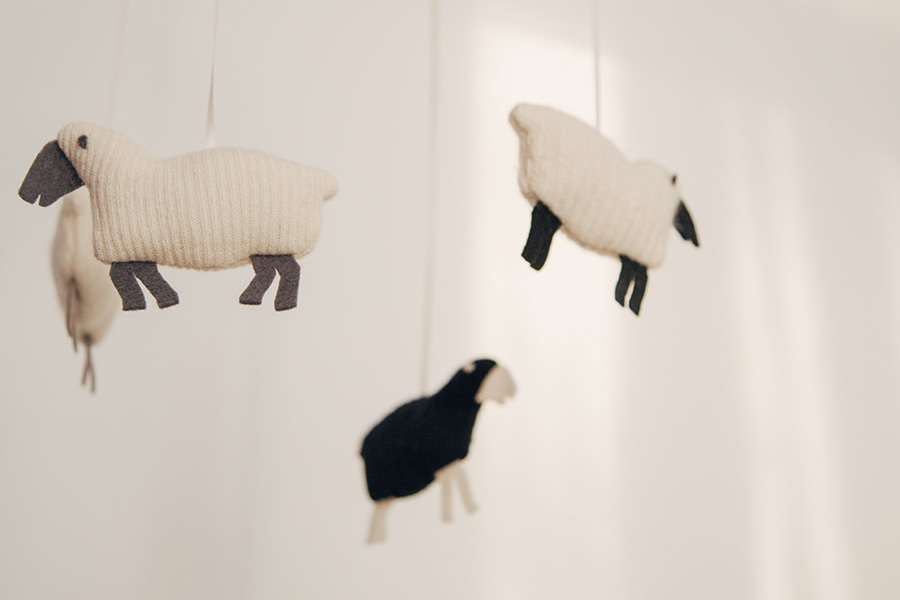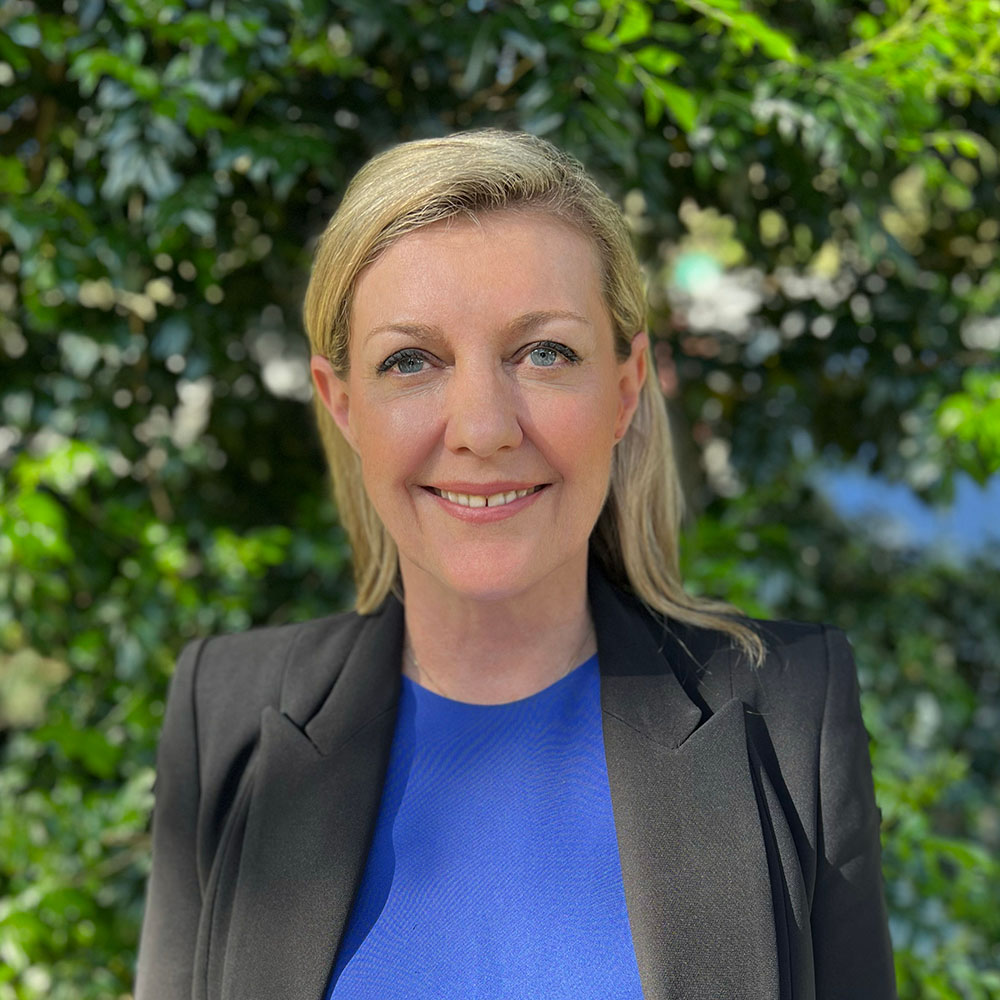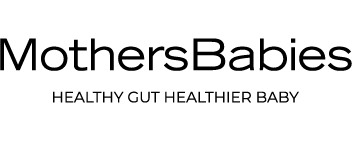About us

MothersBabies is a registered Australian charity
Our focus is raising awareness and educating women (and men, for that matter…) about the emerging science of gut bug health. Through this new knowledge we can dramatically improve health and reduce common, potentially avoidable, complications and diseases for pregnant women and their babies.
Watch this short video to find out more about who we are.
Evidence-based science
Everything we present to you that deals with your health and the health of your baby has to come from a scientific source that is credible, reputed, that has been tested and verified by experts. That way you can trust the authority of the information. This includes curated articles, published and commissioned research.

Our purpose
Our mission
Our vision
Our goal
What we do
Empowering mothers to be
A grand statement and a big idea. It has to be. The stakes are too high.
There is so much information available today that fatigue has set in. Everyone’s an expert, or a best-selling author with a guaranteed 4-step plan for helping you achieve whatever you want in life.
But we want more than that for you. We want you to be aware and awake, not only to the importance of the journey you are on, but also to the opportunities for you to create radical change in your life and the lives of your children. Change that will set them up for the best chance they have for excellent physical and mental health throughout their lives.
It may sound far-fetched, but that is what is so extraordinary about the gut and this revolutionary new frontier of science and medicine. The research and evidence is telling us that the microbiome (that’s the term for the world of healthy bacteria that lives in your gut) is the source where you can set the direction for everything from the ability of your immune system to fight disease, to your emotional headspace and mental wellbeing. You get to choose.
So in order to make good choices, you need to be able to access the full range of knowledge available, and you’ll need to trust that information, knowing that the sources are credible, tested and evidence-based. And you will need it presented to you in ways that are easy to understand, resonate with your heart, and represents an achievable and commonsense approach.


We are raising funds to help us continue our work empowering Mothers-To-Be with evidence based science.
MothersBabies will fund the communication of ground-breaking, evidence-based research in microbiome science that will change pre-pregnancy and pregnancy health, and will help millions of mothers, their babies and their families have healthier lives.
OUR FOUNDER
Catherine Oates Smith
What ensued was a journey of discovery for Catherine as she researched, spoke with experts across a range of medical and health fields to find the underlying reasons that caused auto-immune illness.
Her quest brought her to many experts in women and children’s health, including Professors and Doctors working at the Royal Hospital for Women and University of NSW. She also met her co-founder, biotech expert, Alan Liddle.
Catherine realised through the emerging science of the microbiome that the lifelong health of a baby is impacted by the baby’s mother’s pre pregnancy and pregnancy health and that the baby’s immune system is the key determinant of the baby’s health for life.
MothersBabies was born.


STUDIES WE SUPPORT
The mothersbabies Study (2019 - in progress)
The MothersBabies study is an important project that is harnessing the emerging science of gut bug health to create a safe, personalised and proven therapy to reduce common, potentially avoidable, complications and diseases for pregnant women and their babies.
This therapy holds the potential to change the future health of mothers, babies and children in Australia and will be at the forefront of preventative medicine worldwide.
Many mothers and babies are suffering needlessly, sometimes for the whole of their lives, from illnesses and diseases that may be preventable with appropriate therapies during the precious months before conception, through pregnancy and during the early months of life.
The study’s goal is to demonstrate that the biology of a mother’s gut bugs (microbiota) either before or during pregnancy, or both, contains critical pre-conditions for both the mother and her baby’s health. If the microbiota is out of balance, this leads to illnesses associated with pregnancy that can become illness in the child, including some common life-long, chronic and debilitating illnesses in mothers, babies and children.
STUDIES WE SUPPORT
The MothersBabies Study (2022 - commencing 2022)
A randomised placebo-controlled trial of Bifidobacterium breve in newborn full-term healthy infants to investigate its effect on the incidence of atopic dermatitis (eczema) at 1 year of age: The Restore Study.
MothersBabies have provided funding to support ‘The Restore Study’ led by Dr Steven Leach, from the Faculty of Medicine & Health, UNSW Sydney and Sydney Children’s Hospital Randwick. The study is a randomised placebo-controlled trial of Bifidobacterium breve in newborn full-term healthy infants to investigate its effect on the incidence of atopic dermatitis (eczema) at 1 year of age.
Intestinal dysbiosis, which can be described as an imbalance in the gut bacteria, is thought to contribute to disease development including eczema in infants. The origins of intestinal dysbiosis can be due to multiple factors. We think that there needs to be a sufficient amount of one specific bacteria, Bifidobacterium, in the intestine during early life to help protect infants from developing intestinal dysbiosis and eczema.
This trial will test this hypothesis by using a Bifidobacterium probiotic supplement in newborn full-term infants. The primary outcome is to establish the effect on the 1-year incidence of eczema in infants with a family history of eczema and allergy.
Pregnant women will be recruited from the Royal Hospital for Women, Randwick, and will provide a single stool sample prior to giving birth. The newborn babies will be given either the probiotic or placebo and a stool sample will be collected from their nappies.
The aim of the study is to show a reduction in eczema in the infants who receive the Bifidobacterium probiotic supplement, when compared to those babies who receive the placebo. Once available, the results of the trial will be provided on the MothersBabies website.

In 2016 it was 8.6%,
up from an average of 7%
Food allergies
1:20 in children
Asthma affects 1:9 Australians, totalling 2.5million
7.8% diagnosed in 2003, 9.5% in 2007, 11% in 2011
(Spectrum Disorders)
2.46% of children aged 10-14
1:4 children and 2:3
adults and increasing
Anxiety 1:4. Depression
1:7 adults
Our Board
Leaders in business, science and strategy who are using their expertise to support the MothersBabies vision to Create Healthier Babies.
Our Science Committee
Experts in their field who provide scientific rigour and understand our essential goal: to transform the health of mothers and their babies.
Our Ambassadors & Patrons
Passionately committed leaders and accomplished professionals with whom we are privileged to work.





